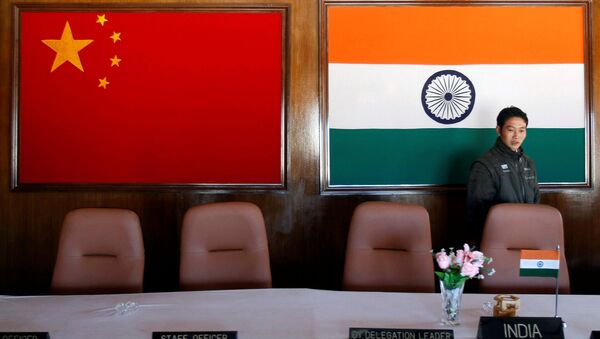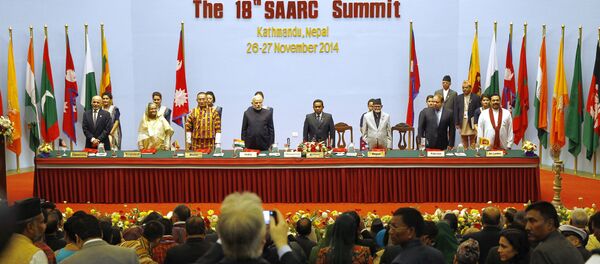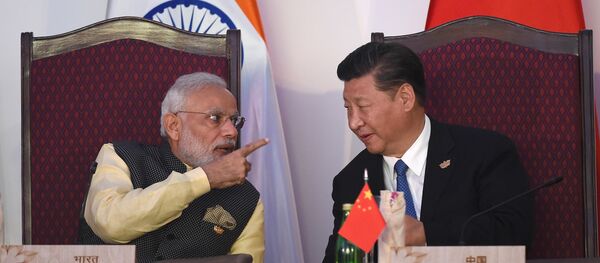Today, the situation on the border is no longer an impediment to meetings between the leaders of the two states. Moreover, a recent meeting between Chinese and Indian special representatives on border issues in Chengdu showed that that the parties have a positive attitude when it comes to finding compromises to problematic issues. An official statement by the Xinhua News Agency has stated that 'each side put forward a number of positive and constructive initiatives'.
A lack of trust probably remains the biggest problem between China and India. And it seems the parties intend to overcome this obstacle by developing trade and economic ties. On 26 November, Bloomberg reported that the Chinese were considering the possibility of purchasing unprecedented volumes of raw sugar in India. This source notes that the ongoing trade war between China and the United States is pushing the Asian giant to sweeten its ties with neighbouring India.
In December, a Chinese delegation will hold talks on sugar prices with India. The situation is ideal for India as well, where record production volumes for this product have been reached. The US-China trade war gives India a good chance to become a regular supplier of sugar to China. The Ministry of Commerce and Industry reported that the country plans to export 2 million tonnes of raw sugar to China from 2019.
Positive shifts in Sino-Indian relations are occurring against the backdrop of an escalating confrontation between China and the United States. In that context, Director of the Centre for South Asian Studies at Shanghai's Fudan University, Zhang Jiadong, in an interview with Sputnik drew attention to the significant influence of the American factor on the further development of Sino-Indian relations:
'The main problems in Sino-Indian relations in the past were territorial disputes and a number of other bilateral issues. If these problems were rectified, many others could be resolved quickly and successfully. But now new circumstances have appeared — the Americans have joined the game. Recently, the interaction of the US and Indian armed forces in the field of maritime security has been actively growing. It can be said that against the backdrop of the emergence of the American factor, the relevance of border issues in Sino-Indian relations has even decreased. Last year India took a chance on improving relations with the United States, but now its strategy is undergoing certain changes. Delhi is beginning to understand that even if it completely sides with the United States, the US is unlikely to allow it to fully comply with its interests.
China as a world power cannot put aside the situation with India, especially when the United States includes India in its Indo-Pacific strategy, a Russian expert at the National Institute for the Development of Modern Ideology, Igor Shatrov said:
'In any case, China is closer to India than the United States. From the time China turned into the world's factory, it has developed its own technologies. And India was represented on the world market only as a country where IT technologies are actively developing. In this case, China in very many areas has technological advantages over India, and India is now developing the "Make in India" policy. And a very interesting situation may arise when China begins to place its own production lines in India, like western countries and the United States. Taking into account the geographical position of China, it will be able to come to India with much more advantageous offers than the United States'.
READ MORE: India, China Amend Protocol on Double Taxation to Check Evasion
The views and opinions expressed by the speaker do not necessarily reflect those of Sputnik.





